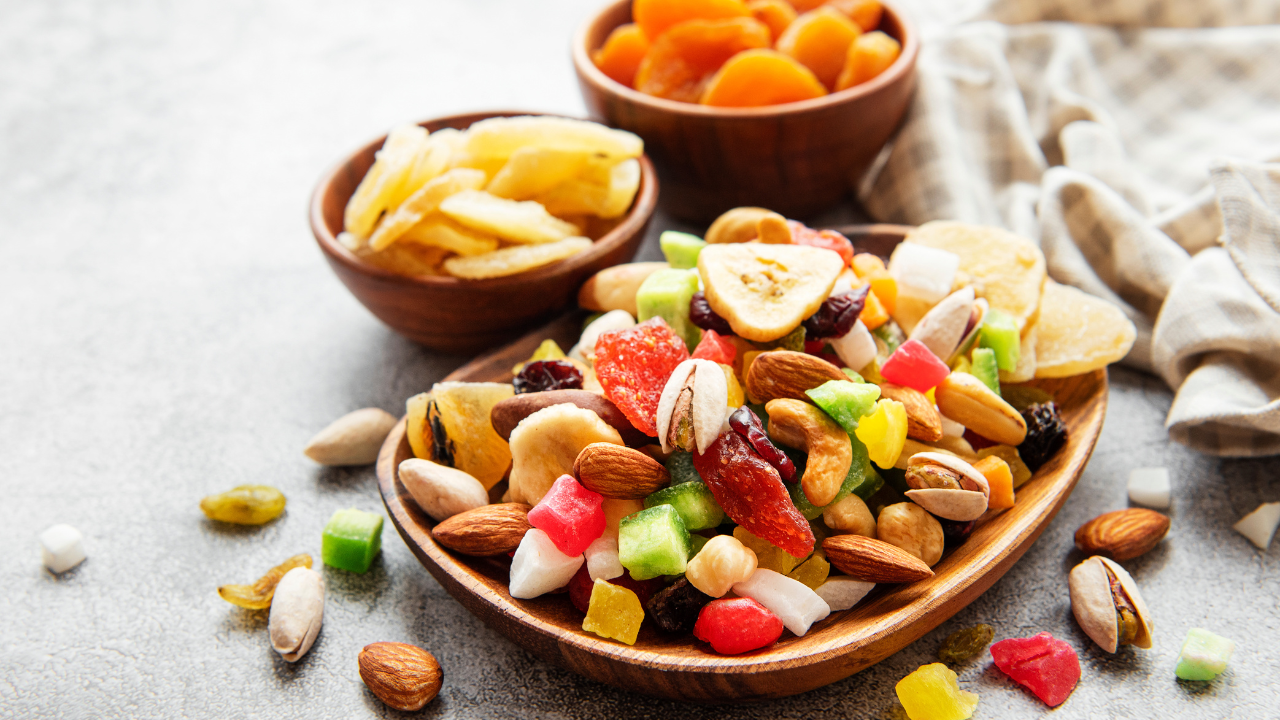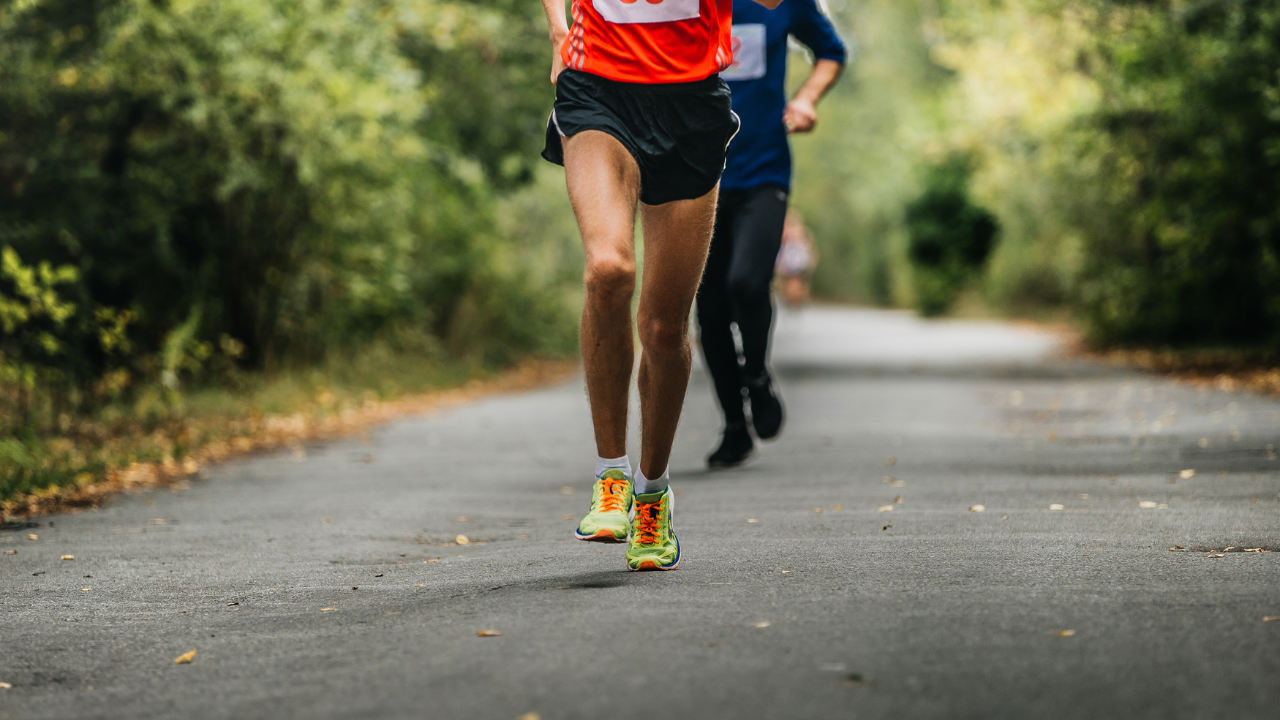
The Ultimate Guide to Post-Run Nutrition
Running is more than just an exercise; it’s a passion, a test of endurance, and a way to connect with oneself. But after pounding the pavement and pushing your limits, what you refuel with can make or break your recovery. Welcome to “Nourish to Flourish,” where we’ll deep-dive into post-run nutrition and why it’s the secret weapon every runner and fitness enthusiast needs.
Why Post-Run Nutrition Matters
After a satisfying run, your body is in a state of recovery. Muscles have been stressed, glycogen stores depleted, and fluids lost. Proper nutrition is crucial to repair muscles, replenish energy stores, and rehydrate your body, ensuring you’re ready to hit the track again with vigor.
The Role of Macronutrients
Macronutrients – carbohydrates, proteins, and fats – are the building blocks of our diet. Each plays a unique role in post-run recovery.
Carbohydrates for Energy
Carbs are the primary fuel for your muscles. After a run, your glycogen stores are significantly depleted, making carbohydrate intake essential. Foods like bananas, sweet potatoes, and whole grains can help restore energy levels.
Protein for Muscle Repair
Proteins are the repair agents of your body. They help mend the micro-tears in your muscles caused by running. Including lean proteins like chicken, fish, and plant-based options such as lentils and tofu can speed up recovery.
Fats for Sustained Energy
While fats are often overlooked, they provide a steady stream of energy. Healthy fats, like those found in avocados, nuts, and olive oil, support prolonged energy release and help with overall recovery.
Importance of Hydration
Hydration is more than just drinking water; it’s about replenishing electrolytes lost through sweat. Sodium, potassium, and magnesium are key electrolytes that maintain fluid balance and muscle function.
Water for Rehydration
Plain water is essential, but after an intense run, it might not be enough. Aim to drink at least 16-24 ounces of water immediately after your run and continue to hydrate throughout the day.
Electrolyte-Rich Drinks
Consider incorporating drinks that replace lost electrolytes. Coconut water, sports drinks, or homemade electrolyte solutions can help restore balance and prevent cramps and fatigue.
Superfoods for Recovery
Certain foods pack a powerful nutritional punch, making them ideal for post-run recovery.
Berries
Berries like blueberries and strawberries are rich in antioxidants, which help fight inflammation and muscle soreness.
Leafy Greens
Leafy greens such as spinach and kale are high in vitamins and minerals, promoting muscle repair and overall health.
Chia Seeds
Chia seeds provide a great source of omega-3 fatty acids, fiber, and protein, aiding in reducing inflammation and supporting muscle recovery.
Practical Meal and Snack Ideas
Fueling your body doesn’t have to be complicated. Here are some easy-to-prepare options that cater to the nutritional needs of runners.
Simple Post-Run Meals
- Grilled Chicken with Quinoa and Veggies: A balanced meal rich in protein, complex carbs, and essential vitamins.
- Salmon with Sweet Potato and Broccoli: Omega-3s from salmon combined with nutrient-dense veggies for a full recovery meal.
Quick Snacks
- Greek Yogurt with Berries, Nuts and Honey: A protein-packed snack with antioxidants and natural sugars.
- Nut Butter on Whole Grain Toast: Quick and easy, providing healthy fats and carbs to replenish energy.
The Role of Supplements
Supplements can be a helpful addition to a well-rounded diet, especially for active individuals.
BCAAs
Branched-Chain Amino Acids (BCAAs) support muscle repair and reduce soreness, making them a popular choice among runners.
Creatine
Creatine helps with energy production and can improve performance and recovery, particularly in high-intensity training.
Omega-3s
Omega-3 supplements, like fish oil, reduce inflammation and support overall cardiovascular health.
Tips for Optimizing Post-Run Nutrition
Eating right isn’t just about what you eat; it’s also about how and when you eat.
Timing is Key
Aim to consume a balanced meal or snack within 30-60 minutes post-run to maximize recovery benefits.
Portion Control
Ensure you’re eating enough to fuel recovery but not overeating. Listen to your body’s hunger cues and adjust portions accordingly.
Mix it Up
Variety in your diet ensures you get a broad range of nutrients. Rotate different fruits, vegetables, proteins, and grains to keep your meals interesting and nutritionally balanced.
Conclusion
In the world of running, nutrition is a powerful tool. By understanding and implementing proper post-run nutrition, you can enhance your recovery, boost your performance, and enjoy your runs even more. Remember, a balanced, nutrient-rich diet is key to long-term running success.
Interested in more personalized nutrition tips? Check out our expert guides and resources tailored specifically for runners and fitness enthusiasts. Happy running and happy refueling!





